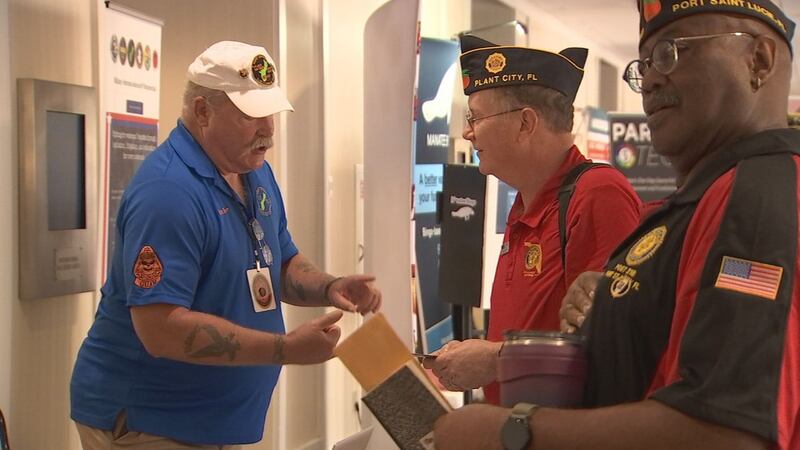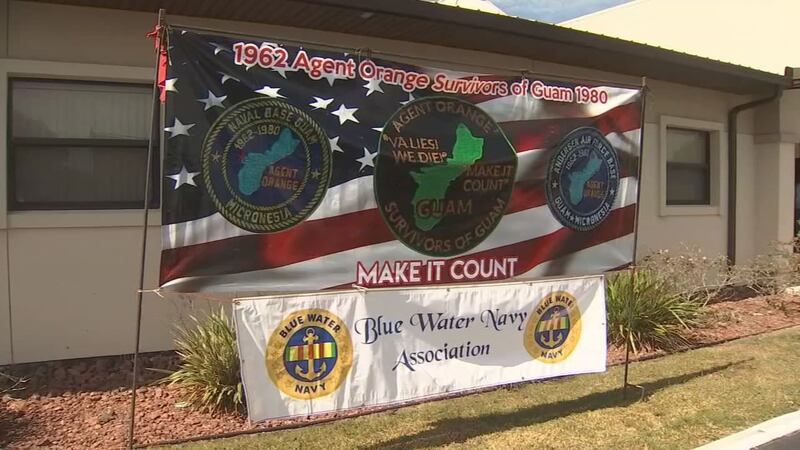ORLANDO, Fla. — For the last decade, 9 Investigates has been pushing for answers for Vietnam vets who were exposed to Agent Orange on the island of Guam, then denied care.
In 2017, we uncovered evidence of spraying and spoke to the Central Florida airman who did the spraying.
>>> STREAM CHANNEL 9 EYEWITNESS NEWS LIVE <<<
Now, there is, for the first time, some movement. Although for some vets, it’s too little too late.
Agent Orange is a powerful herbicide, the same chemical that devastates vegetation also devastates the human body.
Read: Years after the Vietnam War, some vets still denied benefits for Agent Orange exposure
In 2017, we spoke to Master Sgt. Leroy Foster at his Central Florida home. Terminally ill from exposure to Agent Orange, Foster was trying to spread the word and save some of his fellow vets.
Last year, the work of Foster and others came to fruition with the president signing the Pact Act, expanding VA healthcare and benefits to veterans exposed to Agent Orange.
Read: Does Agent Orange span across generations?
“The battle is far from over,” said Brian Moyer, veteran of the U.S. Marine Corps.
Moyer has been fighting for his fellow vets for the last decade. Many of his fellow Vietnam vets who were exposed to Agent Orange on Guam have since passed away.
He pushes forward in their memory and for younger vets exposed to a new batch of toxins in Iraq and Afghanistan.
Vets like Gerry Olano, who served in the first Gulf War.
Read: 9 Investigates: Agent Orange care expansion
“We were exposed to pretty much everything. Uranium. We also had the fires, the burning pits,” U.S. Marine Corps. Veteran Olano said.
The Pact Act covers burn pit exposure, which has already claimed the lives of three of Gerry’s fellow marines.
“Right now I’m being seen for respiratory problems that I’m having. I’m having stomach issues as well,” he said.
For vets, the progress has been slow and hard-fought. Many are still appealing previous denials for benefits, knowing that time may not be on their side.
Even with changes to the law, veterans say it takes too long to go through the appeals process, sometimes as long as a year and a half.
And if you have to go before a veterans law judge, it can take as long as seven years.
Click here to download the free WFTV news and weather apps, click here to download the WFTV Now app for your smart TV and click here to stream Channel 9 Eyewitness News live.
©2023 Cox Media Group








